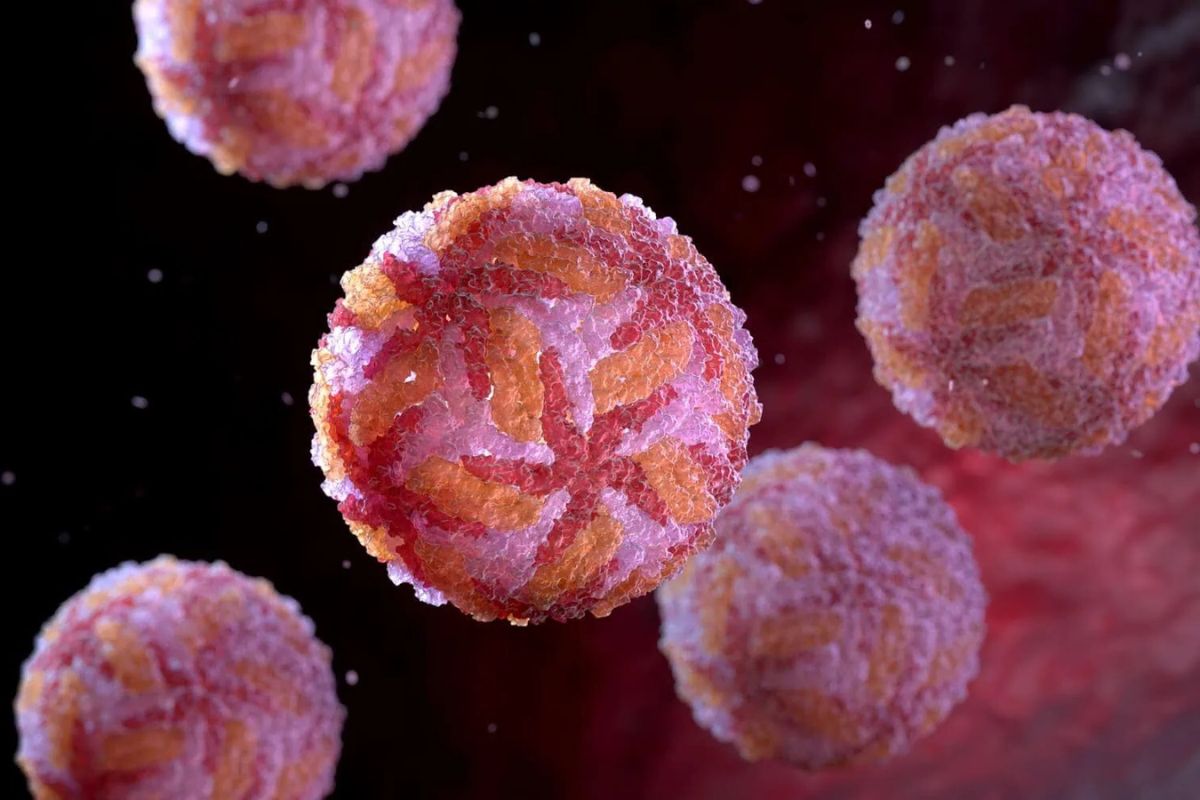
What is Powassan Virus? Powassan virus is a rare but serious illness spread by ticks. Unlike Lyme disease, which many people have heard of, Powassan virus often flies under the radar. How is it transmitted? Ticks, especially the black-legged or deer tick, carry this virus. What are the symptoms? Symptoms can range from mild flu-like feelings to severe neurological issues like brain inflammation. Is it treatable? Unfortunately, there is no specific treatment for Powassan virus, making prevention crucial. Where is it found? Mostly in the northeastern and Great Lakes regions of the United States. Why should you care? Understanding this virus can help you take steps to protect yourself and your loved ones.
What is Powassan Virus?
Powassan virus is a rare but serious tick-borne illness. It can cause severe neurological damage and even death. Here are some facts to help you understand this virus better.
- Powassan virus is named after Powassan, Ontario, where it was first identified in 1958.
- The virus is primarily transmitted by ticks, particularly the black-legged tick and the groundhog tick.
- Powassan virus is related to the West Nile virus, both belonging to the Flavivirus family.
- Unlike Lyme disease, which takes 24-48 hours to transmit, Powassan virus can be transmitted within 15 minutes of a tick bite.
- Symptoms can appear anywhere from one week to one month after being bitten by an infected tick.
Symptoms and Diagnosis
Recognizing the symptoms early can be crucial for treatment. Here are some key points about the symptoms and how the virus is diagnosed.
- Initial symptoms often include fever, headache, vomiting, and weakness.
- Severe cases can lead to encephalitis (inflammation of the brain) or meningitis (inflammation of the membranes surrounding the brain and spinal cord).
- Long-term neurological problems can occur, such as memory issues, muscle wasting, and recurring headaches.
- Diagnosis usually involves blood tests or spinal fluid tests to detect antibodies or the virus itself.
- MRI scans can help identify brain inflammation caused by the virus.
Treatment and Prevention
Currently, there is no specific treatment for Powassan virus, making prevention crucial. Here are some facts about how to manage and prevent the virus.
- There is no antiviral medication specifically for Powassan virus.
- Treatment focuses on supportive care, such as intravenous fluids, respiratory support, and medications to reduce brain swelling.
- Avoiding tick bites is the best prevention. Use insect repellent containing DEET or permethrin.
- Wearing long sleeves and pants can help reduce the risk of tick bites.
- Checking for ticks after spending time outdoors is essential. Remove any ticks promptly and properly.
Geographic Distribution
Understanding where Powassan virus is most commonly found can help in taking preventive measures.
- Powassan virus cases have been reported primarily in the northeastern United States and the Great Lakes region.
- Canada has also reported cases, particularly in Ontario and Quebec.
- The virus is less common in the southern United States but has been found in states like Virginia and North Carolina.
- Climate change may be expanding the range of ticks that carry Powassan virus.
- Increased outdoor activities in tick-prone areas can lead to higher exposure rates.
Impact on Public Health
Powassan virus, though rare, has significant public health implications. Here are some facts about its impact.
- Approximately 10% of Powassan virus cases are fatal.
- Around 50% of survivors experience long-term neurological problems.
- The number of reported cases has been increasing, with about 100 cases reported in the United States over the past decade.
- Public health campaigns focus on raising awareness about tick-borne diseases, including Powassan virus.
- Research is ongoing to develop a vaccine and better diagnostic tools for Powassan virus.
Interesting Tidbits
Here are some lesser-known facts about Powassan virus that you might find intriguing.
- The virus can also infect animals, including dogs and cats, though they rarely show symptoms.
- Powassan virus is one of the few tick-borne viruses that can cause severe illness in humans.
- The virus can survive in ticks through the winter, making year-round prevention important.
- Some people infected with Powassan virus may not show any symptoms at all.
- Researchers are studying the genetic makeup of the virus to understand why it causes severe illness in some people but not others.
Staying Informed About Powassan Virus
Powassan virus is a serious tick-borne illness that requires awareness and caution. Knowing the symptoms, such as fever, headache, vomiting, and confusion, can help in early detection. Prevention is key: use insect repellent, wear long sleeves, and check for ticks after spending time outdoors. If you suspect a tick bite, remove it promptly and monitor for any signs of illness. Powassan virus is rare but can lead to severe complications, including encephalitis and meningitis. Staying informed and taking preventive measures can significantly reduce the risk. Always consult a healthcare professional if you experience symptoms after a tick bite. Awareness and proactive steps can make a big difference in protecting yourself and your loved ones from this potentially dangerous virus. Stay safe, stay informed, and enjoy the great outdoors responsibly.
Was this page helpful?
Our commitment to delivering trustworthy and engaging content is at the heart of what we do. Each fact on our site is contributed by real users like you, bringing a wealth of diverse insights and information. To ensure the highest standards of accuracy and reliability, our dedicated editors meticulously review each submission. This process guarantees that the facts we share are not only fascinating but also credible. Trust in our commitment to quality and authenticity as you explore and learn with us.
